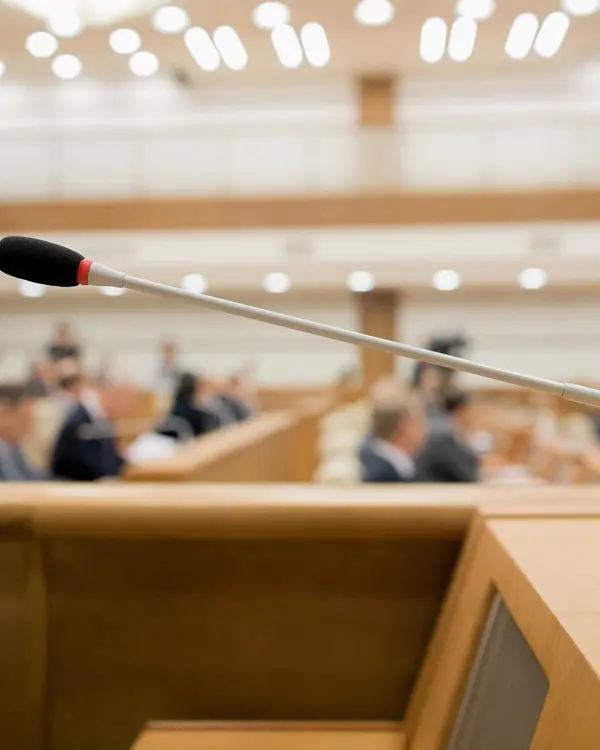Comment - Matt Birtwistle & Michael Lonnon, HSO
Digital transformation should not require too big a leap of faith
Don’t think that you have got to throw away what you have already got in order to move forward in this ‘new normal’
Today’s advanced technology should make delivering citizen services easy. It should take away the manual pro-cess of logging information and managing actions; and it should not cost the earth.
That is what this LGC supplement is all about: dispelling some of the myths and fears around technological transformation. To show the pay-off that validates the decision to embrace change and the value of adopting new, more agile ways of working to deliver the best possible service.
We want to see a post-pandemic future of connected data and communities, automated services, and where citizens can access and call upon services faster.
At the same time, like everyone working within local government, we recognise technology does not have all the answers. The community recovery challenges facing local government as we come out of the pandemic are vast. And this is before we even consider pre-existing challenges such as our ageing population and the tight budgetary climate local authorities are working within.
"We want to see a post-pandemic future of connected data and communities, automated services, and where citizens can access and call upon services faster"
Legacy systems are expensive to run and need a glut of processes and people to keep them moving. On the flip side, newer technology is lighter to manage, easier to maintain, connected and flexible.
‘Transformation’ need not mean ripping out and starting from scratch; often existing systems can remain in place. Through tools such as the Microsoft Power Platform, applications can be rapidly developed to solve challenges and deliver quick payback, thereby extending the value of existing investments.
Cloud-based applications, in particular, can be a great way to repurpose and refresh legacy systems and, in turn, embed new ways of working. It is based on a monthly subscription model with a host – in our case Microsoft – managing the entire infrastructure with the authority consuming the services. What is exciting about this new technology is that you are able, very simply, to connect your old legacy systems to your new ways of working.
Data is another key to unlocking this change. It is vital to understand how your data is moving within your organisation, which are the sources of that data, what systems are using it, and then what is it we can do to make data flow? Again, that does not mean having to change any of your legacy systems; it is about improving management of your data, figuring out how best to utilise the insight it offers, and then connecting it through the new technologies that now exist.
The pandemic has reshaped how we all work, even how we think about the world. It has certainly reshaped local government, and the final destination – the shape of future operating models – is still not yet clear.
For us, our message is simple. Digital transformation is about embracing this new world but also recognising you can do it without having to spend an absolute fortune or starting over from scratch. Yes, digital transformation is always a leap, but it need not always be a leap of faith.
- Matt Birtwistle & Michael Lonnon, HSO


